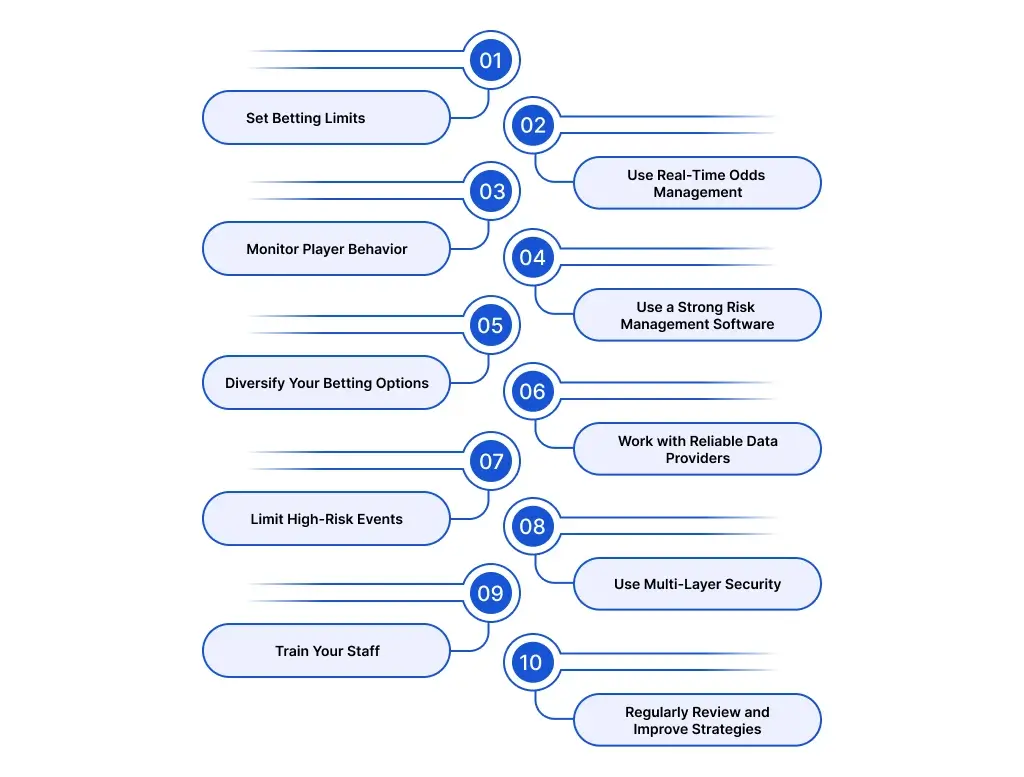BGREEN TV: Your Source for Green Innovations
Explore the latest trends and innovations in sustainable living, eco-friendly technology, and green entertainment.
The Bold Truth About Risk-Free Gambling Systems You Need to Know
Discover the shocking reality behind risk-free gambling systems and why they may not be what they seem. Learn the truth today!
What Are the Myths Behind Risk-Free Gambling Systems?
When it comes to gambling, many players are lured by the idea of risk-free gambling systems. One of the most pervasive myths is that these systems can guarantee consistent winnings. In reality, no system can eliminate the inherent randomness and risk associated with games of chance like slots, blackjack, or poker. Players may find themselves caught in a cycle of chasing losses, believing that they can outsmart the odds through various betting strategies. However, the house always has an edge, and the allure of these systems often leads to financial losses instead of profits.
Another common misconception is that risk-free gambling systems can be easily implemented with minimal effort. Many systems, such as the Martingale strategy, suggest doubling bets after each loss to recover previous losses. This approach may sound appealing, but it requires an endless bankroll and a lack of betting limits, which most casinos impose. In essence, these systems promote unrealistic expectations and can lead to significant financial harm. Understanding the truth behind these myths is crucial for any gambler looking to have an enjoyable and responsible gaming experience.

Counter-Strike is a popular tactical first-person shooter that has garnered a massive following since its release. Players engage in team-based missions, often revolving around objectives such as bomb defusal or hostage rescue. To enhance the gaming experience, many players explore various promotions, including the stake promo code, which can provide unique benefits and rewards.
How Do Risk-Free Gambling Systems Really Work?
Risk-free gambling systems have gained popularity among gamblers seeking to minimize their losses while maximizing their potential rewards. These systems are based on the idea that there are strategies or methods that can be employed to create an illusion of safety in betting. Many systems advocate for progressive betting techniques or specific betting patterns that anchor bets according to previous outcomes. For instance, in a typical martingale strategy, players double their bet after every loss with the hope of recouping losses once they eventually win. However, it's essential to note that such strategies do not alter the inherent house edge, which remains a critical factor in gambling.
Critics argue that while risk-free gambling systems may provide a structured approach to betting, they can also lead to a false sense of security. The parameters of these systems often rely heavily on psychological factors such as gambler's fallacy, which can skew one's judgment and lead to increased wagering. Ultimately, the perceived safety offered by these systems does not guarantee success; rather, it sets the stage for potential increases in both financial risk and emotional stress. For those looking to explore these systems, it is advisable to approach them with caution and to always prioritize responsible gambling practices.
Can You Truly Eliminate Risk in Gambling?
When it comes to gambling, the notion of eliminating risk is often a topic of heated debate. Can you truly eliminate risk in gambling? The answer is complicated. While many players employ various strategies, from basic bankroll management to advanced statistical analyses, the inherent nature of gambling means that risk can never be fully eradicated. Each game or wager involves uncertainty and chance, which are foundational elements of the gambling experience. Even the most cautious approaches cannot secure a risk-free outcome, as variables outside a player's control, such as house edge and probability, play a significant role in determining results.
Moreover, some might suggest that risk can be minimized through informed decision-making or choosing games with better odds. For example, understanding the rules of a game and making calculated bets can help in reducing exposure to losses. However, it’s crucial to recognize that no matter how informed a player may be, the possibility of losing remains. Ultimately, to think of gambling as a completely risk-free venture is misleading. Instead, adopting a mindset focused on responsible play and risk management can enhance the experience while acknowledging that some level of risk will always exist.